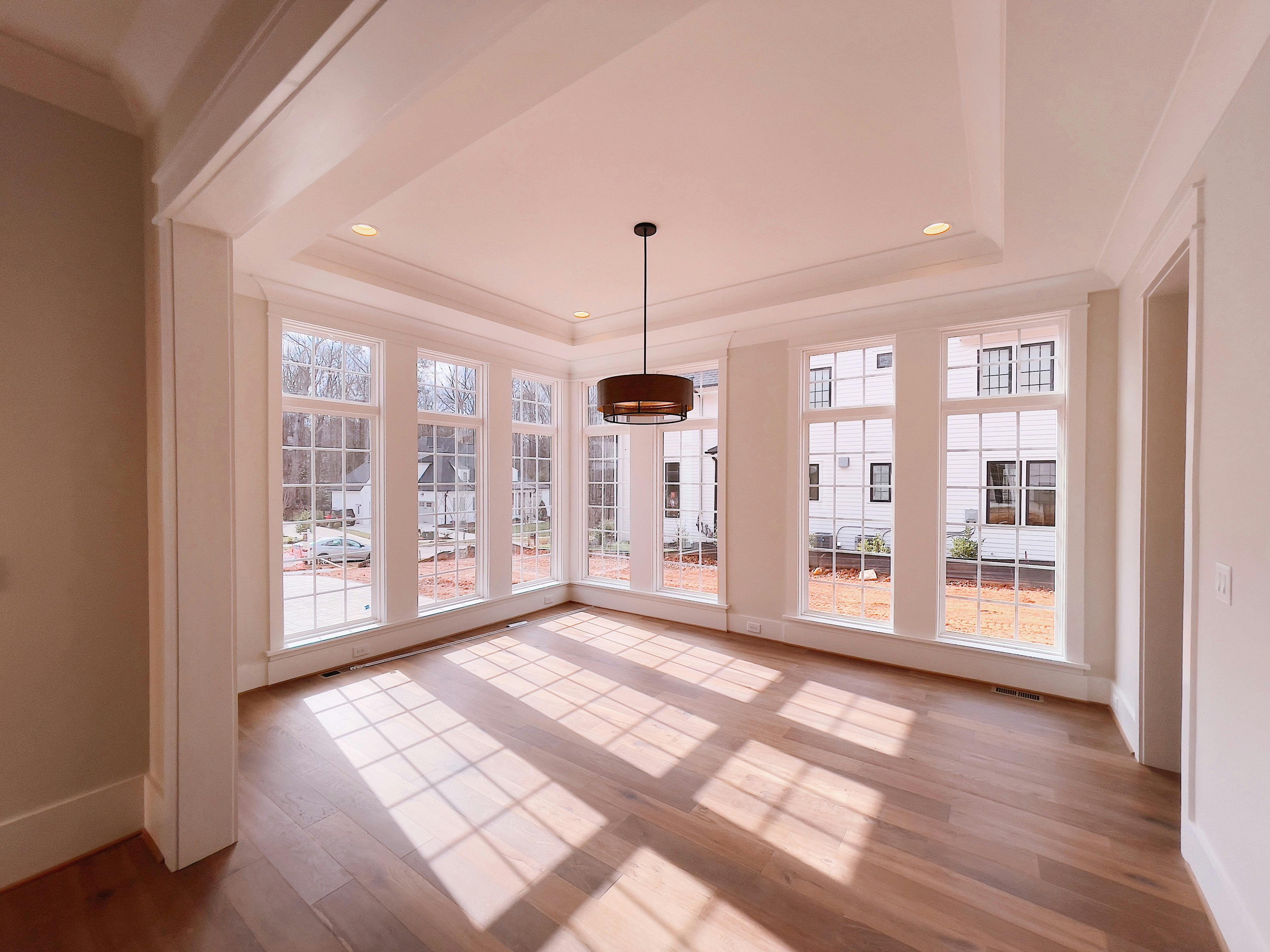
Common types of drywall screws
When it comes to hanging drywall, there are certain tools you should use to get the job done right. The same rule goes for even the smallest details, like drywall screws. There are several options for drywall fasteners, but not all of them are good options. The most effective nails and screws are those that provide a strong, long-lasting hold, while at the same time allowing the proper amount of countersink. Read on to learn about some of the most common and effective drywall screws and how they apply to drywall installation.
Choose the right screw for the right job
Drywall screws are a bit more expensive, but provide a stronger hold. There are many drywall fasteners that come in the form of a Philips head, but not all are created equal in terms of performance and value. The screw you choose will largely depend on the drywall application you have in the shop, but also on the quality of the screw you’re looking for. Here are four of the most common drywall screws used to hang drywall:
- self drilling – Also used as pan head screws, they are effective for metal stud framing.
- Career – These have thick threads that securely hold drywall to your studs.
- Good – These screws have smaller heads and finer threads that work well for securing drywall.
- Cutting head – Use these screws to fasten wood trim to drywall.
You may also need drywall nails
There are also several types of drywall nails that are effective for fastening smaller pieces to a larger base. In fact, there are 3 specific types of drywall nails that are commonly used in drywall installation. These common drywall nails include:
- drywall nails – These are standard nails used to attach drywall to wood framing. They are designed with a large head and spiked shank, giving them greater holding power. Some are even sterilized to protect against oil and dirt.
- cup head nails – These have rounded heads that allow for easier countersinking and a smooth, flat finish. They are commonly used to secure drywall to wood framing. They require the use of joint compound to cover the exposed head.
- Cement Coated Nails – These nails have a resin coated shank that is smooth. This allows for greater holding power. Its common application is securing drywall to wood framing.
Professional Drywall Installation
Hiring a licensed drywall installation and repair contractor is recommended. They have the proper training, experience, and resources to provide professional drywall service in a convenient time frame. You don’t want to make the mistake of injuring yourself or damaging your property if you’ve never hung drywall before!






